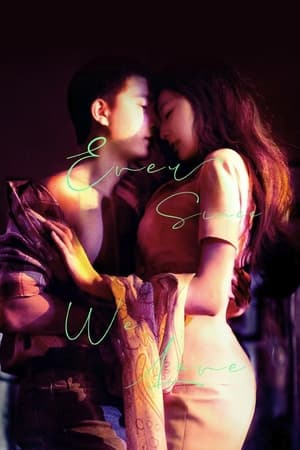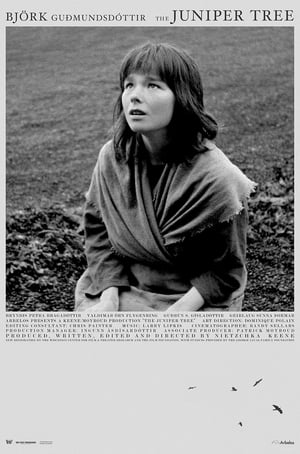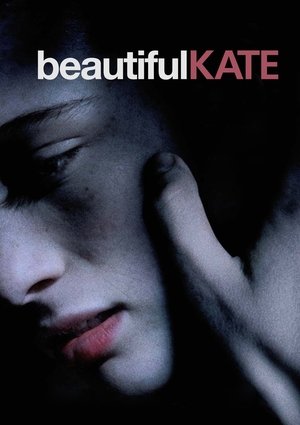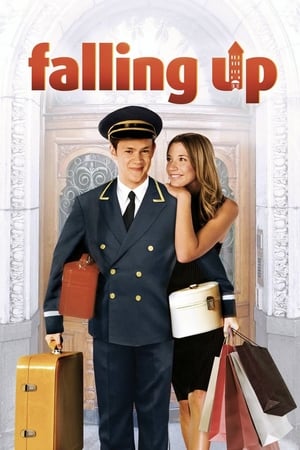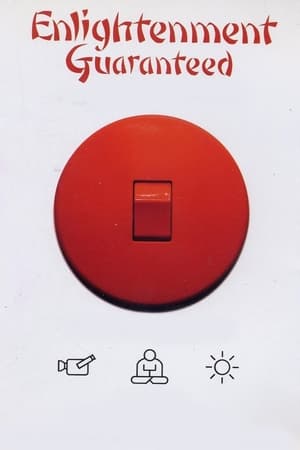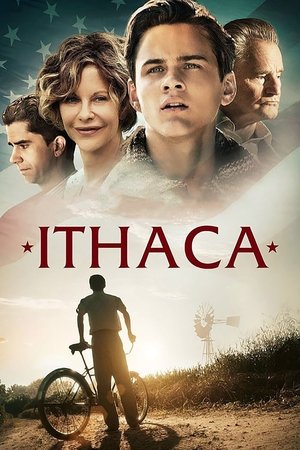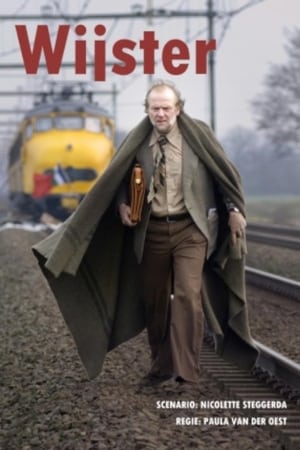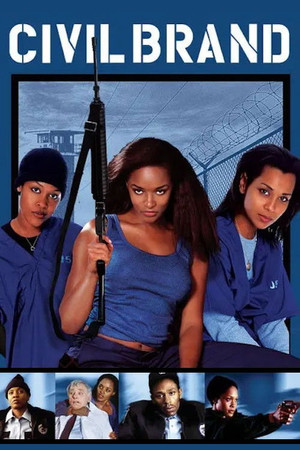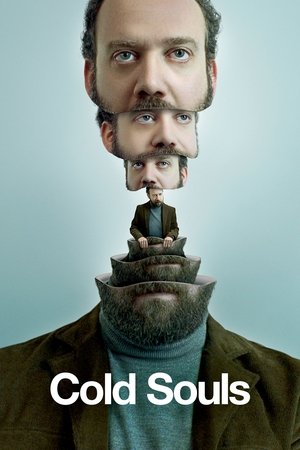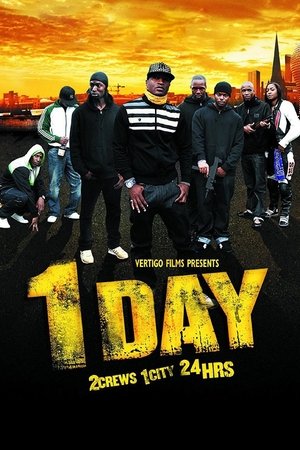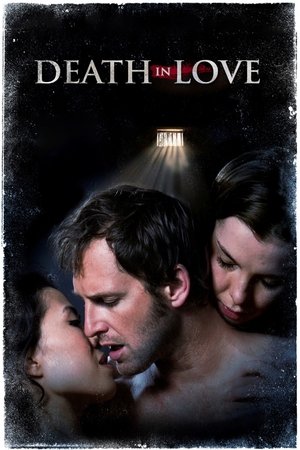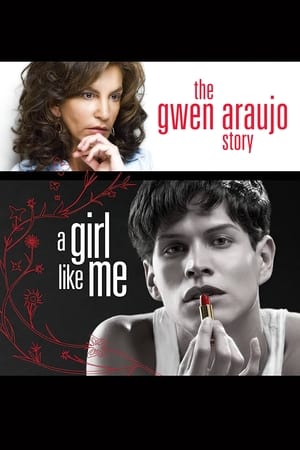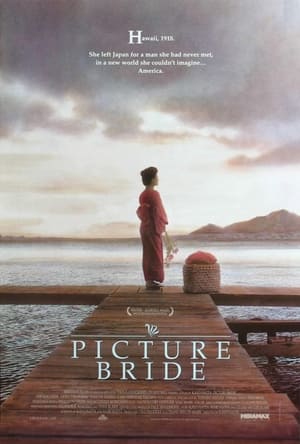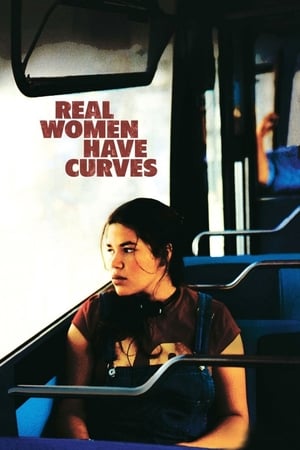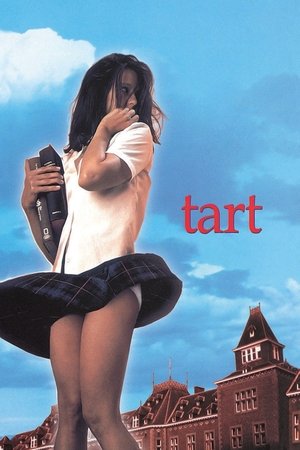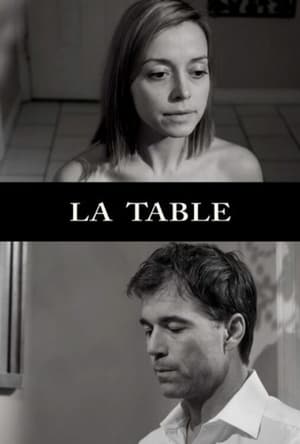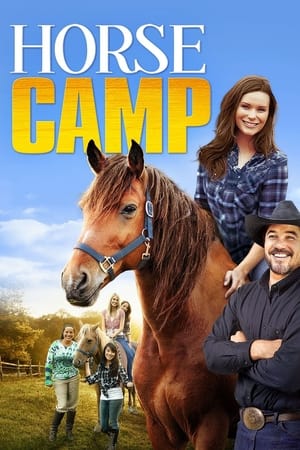The film Never Rarely Sometimes Always is a drama from BBC Films, which tells the story of two sisters – Autumn and Skylar – who will face many life troubles on their way to New York from their home town. The film explores the fate of women in the modern world. Is it easy to be a woman these days? What are the attitudes towards women in different cultures? Will strangers really help you if you get into trouble? Where is it better to live, and why leave your hometown in search of a better life? And is it possible to change your life with just one decision, making a desperate step towards your desires?
The director deliberately does not burden the female road movie genre with heavy cinema language. It’s the opposite: Eliza Hittman’s movie features almost no symbolism and speaks to the viewer in the language of the heart, causing tremendous empathy for two young and courageous girls. Interestingly, Hittman’s cinematic language is difficult to classify as typically American. Despite the plot simplicity of the film, Never Rarely Sometimes Always features a lot of large and long shots focused on emotions. The only symbol is a heavy suitcase: the burden of responsibility that girls have to carry throughout the trip, the severity of a woman's life.
The film has a very clear social background. In 2019, five states passed laws prohibiting abortion. Such actions by the authorities could not fail to cause a real revolt, which, of course, was reflected in art. Small and independent American indie dramas have long been small but daring attempts to speak out on important public topics without overwhelming pathos, while opening new names for the film industry.
There is not a single monologue or even a couple of lines in the movie about how unfair society is and how absurd the situation is – Hittman does not need to pronounce the obvious. And the bottom line is that Never Rarely Sometimes Always is a film that could be easily dispensed with if the world accepted such a radical idea as the human right to control our own bodies.

 101 min
101 min
 7.133
7.133
 2020
2020
 United Kingdom
United Kingdom
 SWITCH. wrote:
SWITCH. wrote:
